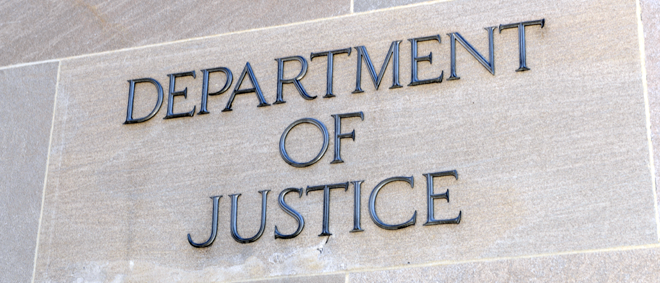1. Higher Jurisdictional Thresholds For HSR Filings
On January 22, 2024, the Federal Trade Commission announced revised, higher thresholds for premerger filings under the Hart-Scott-Rodino Antitrust Improvements Act of 1976 (HSR Act). The jurisdictional thresholds are revised annually, based on the change in Gross National Product (GNP).Continue Reading Higher Jurisdictional and Filing Fees Thresholds for HSR Act Premerger Notifications and Interlocking Directorates Announced






